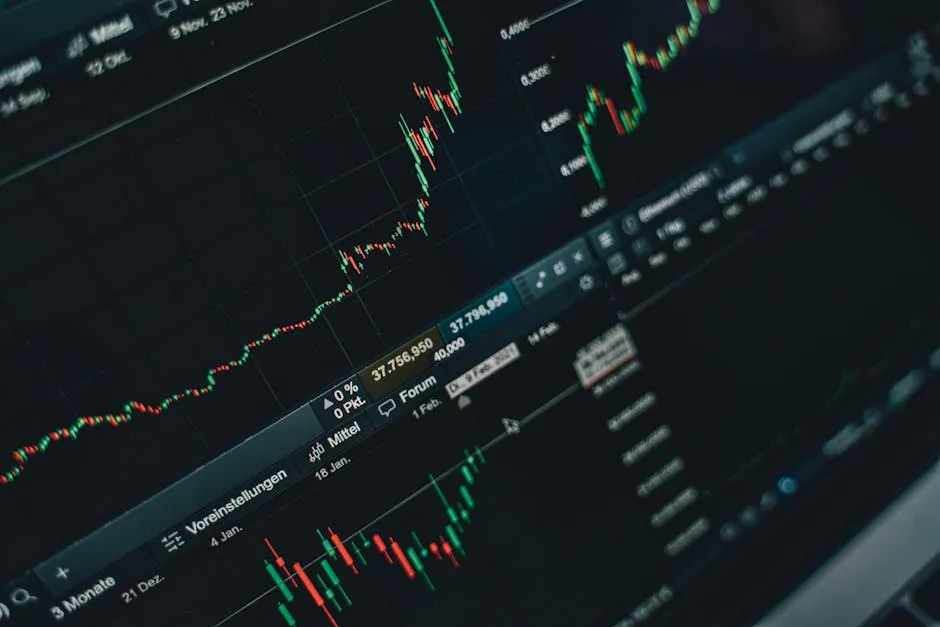
EU Considers Sanctions on Ruble-Backed Stablecoin A7A5
In a significant move that could reshape the cryptocurrency landscape, the European Union is deliberating potential sanctions against the ruble-backed stablecoin A7A5. This decision comes amid growing concerns over the involvement of several banks in Russia, Belarus, and Central Asia in facilitating crypto-related transactions. A recent report by Bloomberg sheds light on the EU’s stance and its implications for the cryptocurrency market.
The Background of A7A5 and Its Significance
A7A5 is a stablecoin designed to maintain a stable value pegged to the Russian ruble. Stablecoins like A7A5 play a critical role in the cryptocurrency ecosystem, providing a bridge between traditional fiat currencies and digital assets. However, as the EU continues to grapple with the geopolitical ramifications of Russia’s actions, particularly in light of the ongoing conflict in Ukraine, the stability and legitimacy of such stablecoins are under scrutiny.
Targeting Financial Institutions
The EU’s potential sanctions are not only aimed at the stablecoin itself but also at the financial institutions that enable its transactions. Several banks across Russia, Belarus, and Central Asia are reportedly on the EU’s radar for their involvement in crypto-related activities that could undermine the EU’s economic sanctions. These measures may include stricter regulations and limitations on financial operations involving cryptocurrencies that are tied to these regions.
The Broader Impact on the Crypto Market
The implications of the EU’s actions could be far-reaching. If sanctions are imposed, it could lead to a significant decrease in the use of A7A5 and similar stablecoins within the EU market. This could deter investors and cryptocurrency users who rely on stablecoins for their transactions and trading activities. Furthermore, it may prompt a reevaluation of how cryptocurrencies are regulated across different jurisdictions, especially as countries navigate the complexities of international finance and digital assets.
Looking Ahead: The Future of Crypto Regulation
As the EU weighs its options, the conversation around cryptocurrency regulation is becoming increasingly urgent. With the rapid evolution of digital currencies, regulators worldwide are tasked with finding a balance between fostering innovation and ensuring financial stability. The EU’s potential sanctions against A7A5 could serve as a precedent for how other regions approach the regulation of cryptocurrencies, particularly those with ties to contentious geopolitical situations.
In conclusion, the EU’s consideration of sanctions against the ruble-backed stablecoin A7A5 highlights the ongoing tension between digital currencies and regulatory frameworks. As the situation develops, stakeholders in the cryptocurrency market will need to stay informed and adaptable to the changing landscape of financial regulations.



